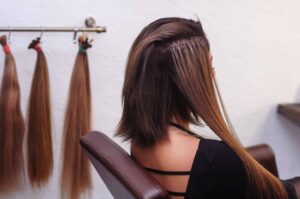
The Best Hair Extensions for Thinning Hair
The Best Hair Extensions for Thinning Hair Hair loss and thin hair are common concerns for many people, and can be caused by a variety of factors such as aging, genetics, and certain medical conditions. While there are various treatments














